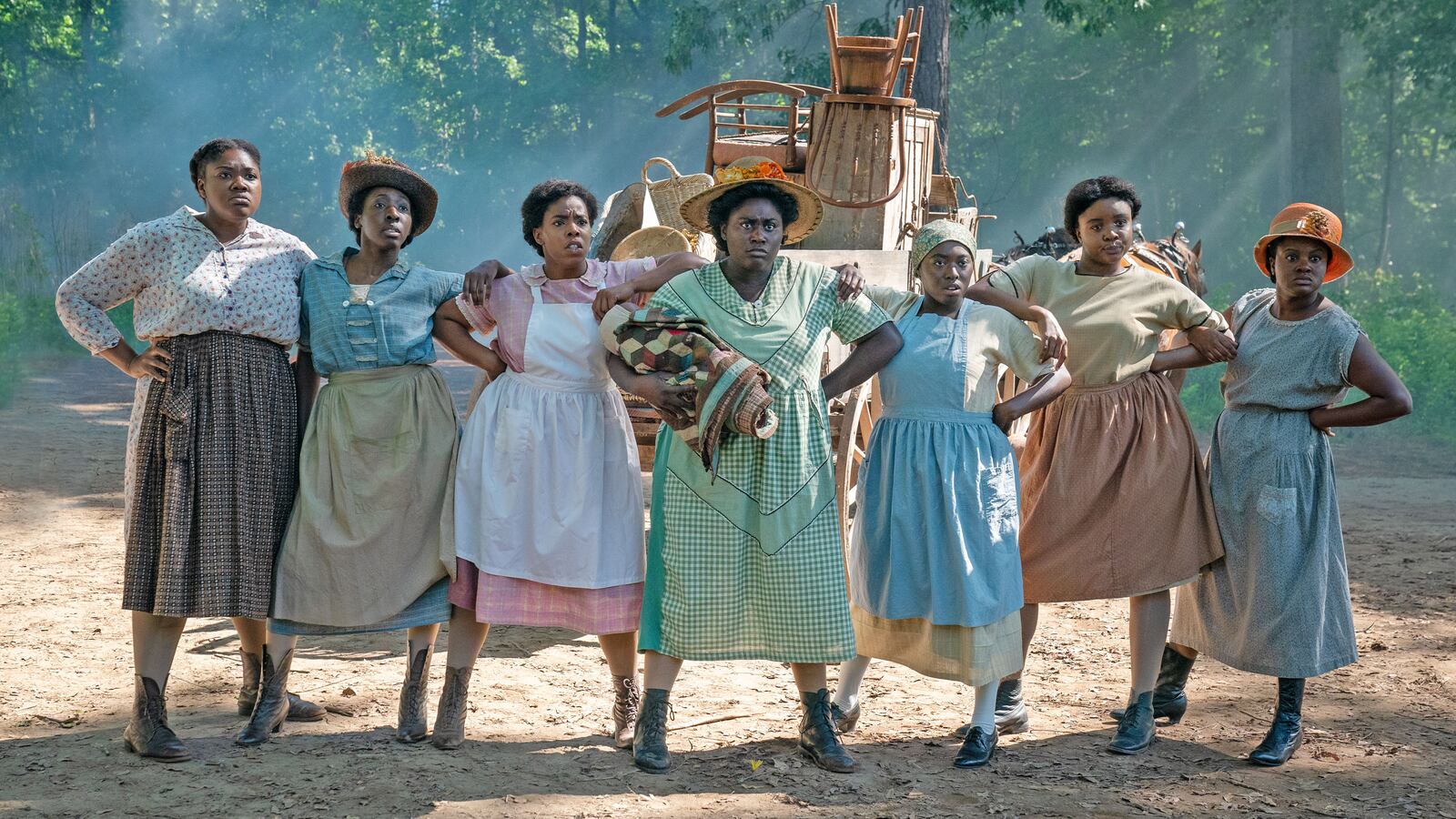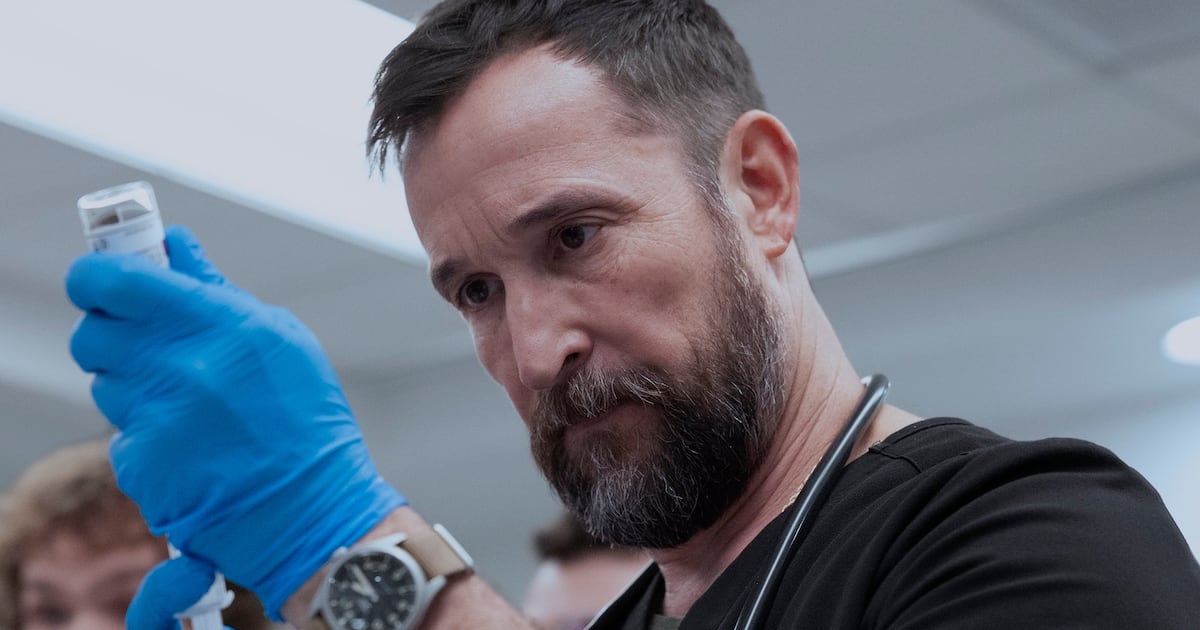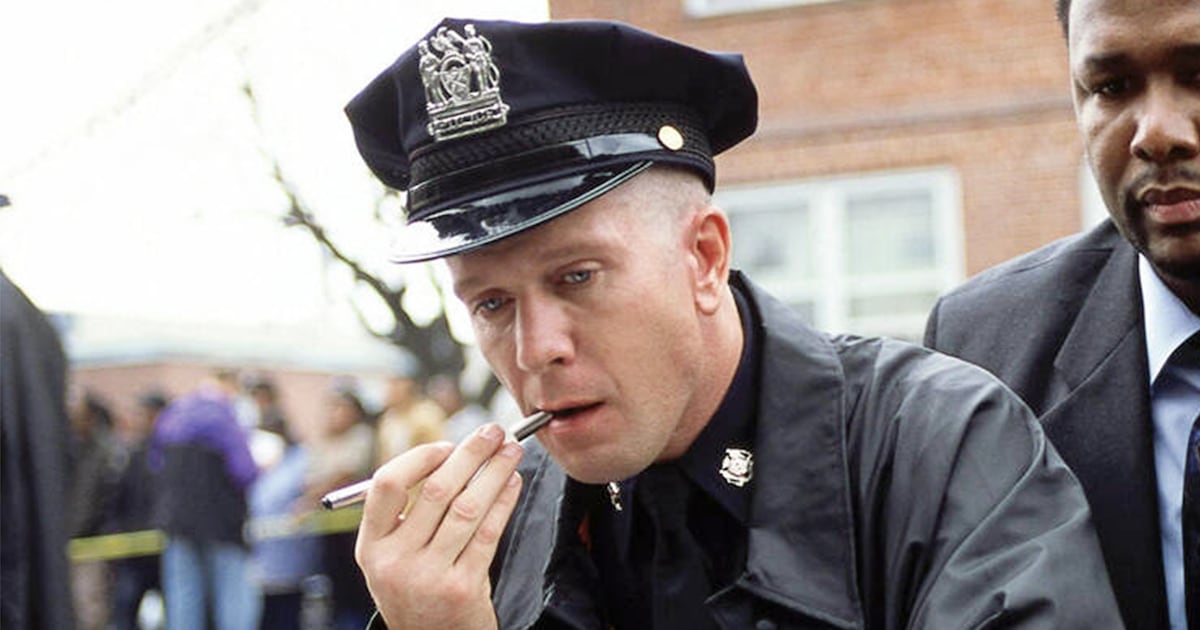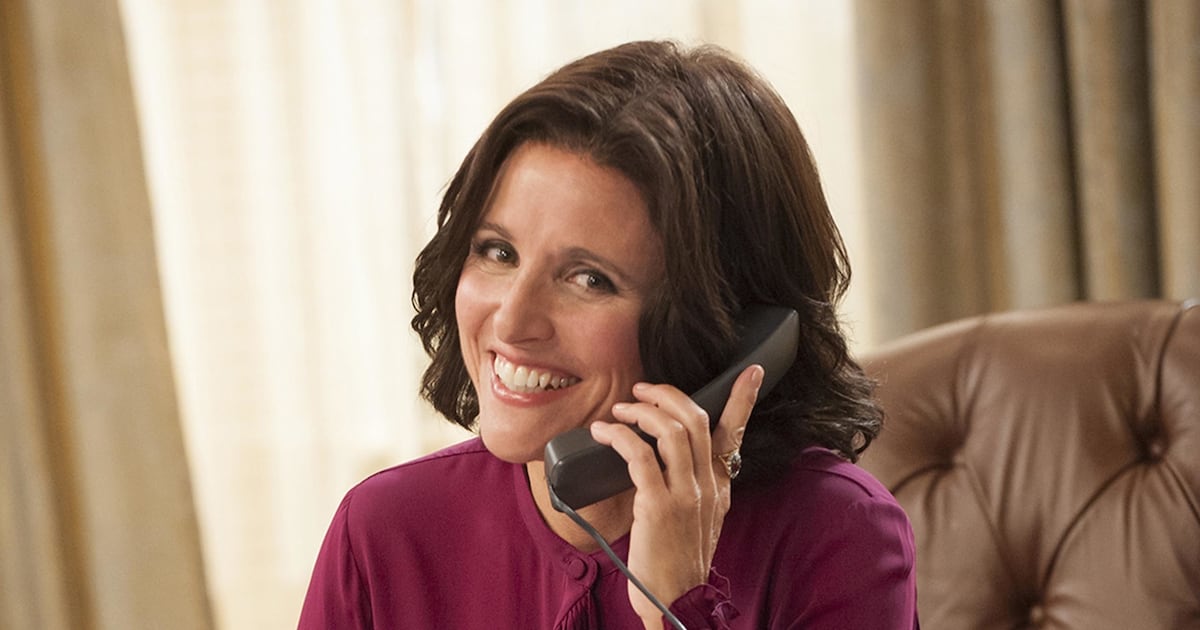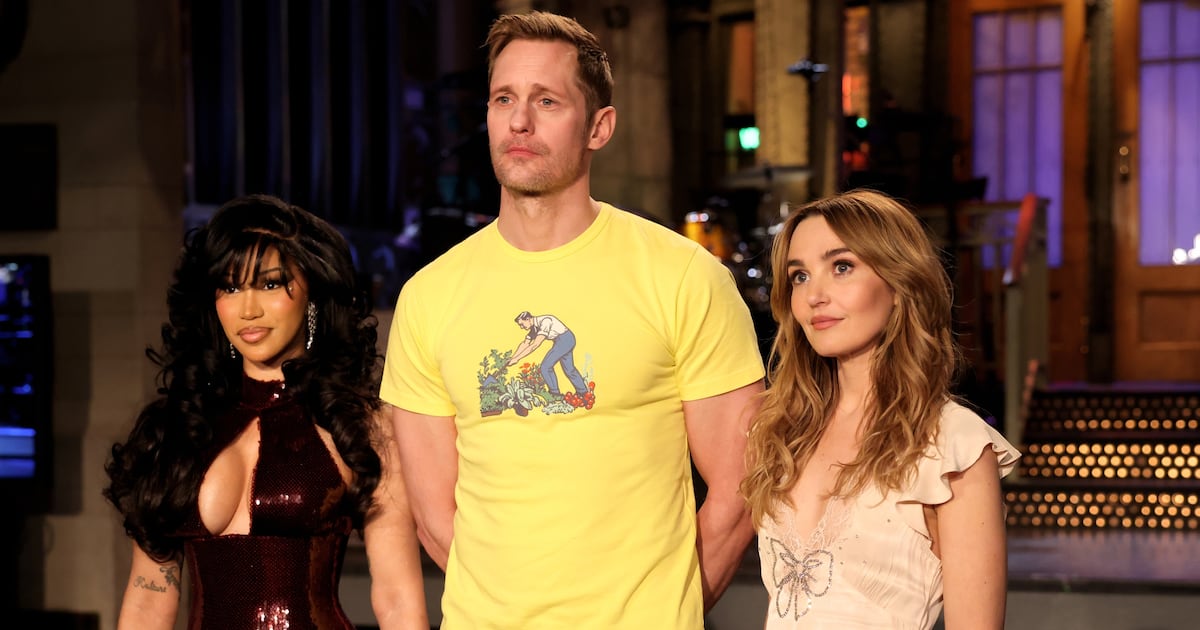Not sure what to watch next? Subscribe to The Daily Beast’s Obsessed See Skip newsletter here and get the latest show and movie recommendations every Tuesday.
There are roughly 47,000—oh, wait, a new Netflix Original just dropped; make that 47,001—TV shows and movies coming out each week. At Obsessed, we consider it our social duty to help you see the best and skip the rest.
We’ve already got a variety of in-depth, exclusive coverage on all of your streaming favorites and new releases, but sometimes what you’re looking for is a simple Do or Don’t. That’s why we created See/Skip, to tell you exactly what our writers think you should See and what you can Skip from the past week’s crowded entertainment landscape.

Skip: The Color Purple
The Color Purple is a decent musical but a deficient movie, lacking character to set itself apart for a new generation while making baffling narrative choices in its final stretch. Those decisions create a sour ending that softens this harsh story and forgives its offenders far too easily.
Here’s Coleman Spilde’s take:
“After the codeine-laced hallucination that was Tom Hooper’s Cats terrorized holiday moviegoers at the end of 2019, the bar for the next major movie musical was practically on the floor. One would think that all it would take to dazzle viewers would be a little Technicolor magic, rousing performances, and truly unforgettable songs—preferably without any life-size feline CGI. In a post-Cats, pandemic-era world, aren’t audiences craving a cinematic spectacle that can make the holidays feel as momentous as they used to?
That may be the case. But the response to Cats also indicated that studios should be more deliberate when choosing which stage-to-screen adaptations to pursue, especially since they apparently know most audiences dislike the genre. Not all successful stage productions can translate seamlessly to the silver screen, even if the films have Taylor Swift-sized star power. The Color Purple (in theaters Dec. 25), adapted from the hit Broadway musical based on Alice Walker’s beloved 1982 novel, has flashes of the magic of other holiday releases like West Side Story and Dreamgirls. But the film often finds itself singing on shaky ground.”

Skip: Aquaman and the Lost Kingdom
Aquaman and the Lost Kingdom is a last breath for the current stage of the DC Extended Universe as we know it, before the whole thing is rightfully drowned. This garish piece of frenetic superhero schlock is a dour note to close on, but thank Poseidon it’s closing at all.
Here’s Nick Schager’s take:
“Aquaman and the Lost Kingdom is the last gasp of Warner Bros’ long-running and ill-fated DC Extended Universe (DCEU), which is now being rebooted by James Gunn and Peter Safran as the DC Universe (DCU). As a result, there’s no serialized-storytelling reason to be invested in James Wan’s sequel to 2018’s marine blockbuster. In fact, there’s no cause of any kind to pay attention to this lavishly hectic and cacophonous washout of a follow-up, whose plot is nonsense, visuals are garish, and performances are the wooden sort born from having talented actors pretend to be underwater and interacting with fanciful creatures on green screen sets. It’s a franchise farewell so underwhelming, nary a tear will be shed over its passing.
Aquaman and the Lost Kingdom (in theaters Dec. 22) is crazily overdesigned and belligerently busy. Worse, it’s absurdly inconsequential. Set years after its predecessor, it finds Arthur Curry (Jason Momoa), aka Aquaman, now firmly ensconced on the throne of Atlantis, as well as married to Mera (Amber Heard), with whom he’s recently had a son. Things couldn’t be going better for the hero, who splits his time between life on land and in the sea, except that he’s intensely bored by his royal duties and prefers to be battling nefarious pirates, as he does during the film’s opening. Luckily for him, David Leslie Johnson-McGoldnick’s script (based on a story co-conceived with Wan, Momoa, and Thomas Pa’a Sibbett) introduces Star Wars prequels-style government councils and warring political factions and then wholly ignores them in favor of establishing a brewing showdown between Aquaman and old foe David Kane (Yahya Abdul-Mateen II), otherwise known as Black Manta.”

Skip: The Iron Claw
The Iron Claw is an admirable effort in the sports drama genre. But its exclusion of one of the mythic Von Erich family’s late brothers is a puzzling choice that paints the entire film in far too soft a light, pulling back when it should be going all-in to honor him
Here’s Allegra Frank’s take:
“Even before The Iron Claw’s Dec. 22 release, wrestling fans and filmgoers raised their eyebrows: The drama film, about the many real-life tragedies of the Von Erich brothers, completely erases one of the brothers.
Chris Von Erich was the youngest of the six Von Erich brothers, a family of wrestlers originally from Texas that enjoyed success in the ring—and widespread popularity—during the mid-to-late ’80s. But the tragic headline of the family, which the film explores, is the haunting deaths that plagued them at every turn. Like four of his five elder brothers, Chris died young. Plagued by medical problems, depression, drug abuse, and the reality of being too short to be competitive among a family of competitors, he shot himself at age 21. It’s both gross and a fool’s errand to decide which of the many horrors that befell the Von Erichs is most gutting. But by all accounts, Chris’ life in particular was defined by heartbreaking disappointments—which is what makes the film’s omission of his story so frustrating.”

Skip: Migration
Migration’s lowly Finding Nemo ripoff won’t annoy kids as much as it will irk adults. But it speaks to a larger stagnancy from Illumination Entertainment, which seems stuck recycling characters, locations, and plotlines until the engine runs out of steam.
Here’s Jesse Hassenger take:
“What does Illumination, one of the past decade’s most financially lucrative producers of big-studio animation, do when left to its own devices? The company’s last six features have all either been sequels or adaptations of already-famous characters, and the super-smash success of The Super Mario Bros. Movie from earlier this year assures that this will continue to be a part of the business plan. (Coming next summer: Despicable Me 4.) Migration (in theaters Dec. 22) breaks from that pattern, but only sort of: It’s a complete Illumination original, which in this context means that it shamelessly knocks off a Pixar movie.
The movie in question is Finding Nemo, to which Illumination appends their own form of Pixar’s fabled ‘plussing’ style of feedback by removing key elements: What if Nemo’s mom didn’t die, and then he didn’t get separated from his family, and they all got lost together, and they were only really in mortal danger for five or 10 minutes? (Maybe Illumination can internally brand it ‘minusing:’ less story, less effort!) You might say that plot description doesn’t sound much like Finding Nemo at all, and it is admittedly kind of amazing how Migration is able to retain the soul of a ripoff even as it jettisons many of the signature elements of the film it’s ripping off.”
Sign up for our See Skip newsletter here to find out which new shows and movies are worth watching, and which aren’t.

